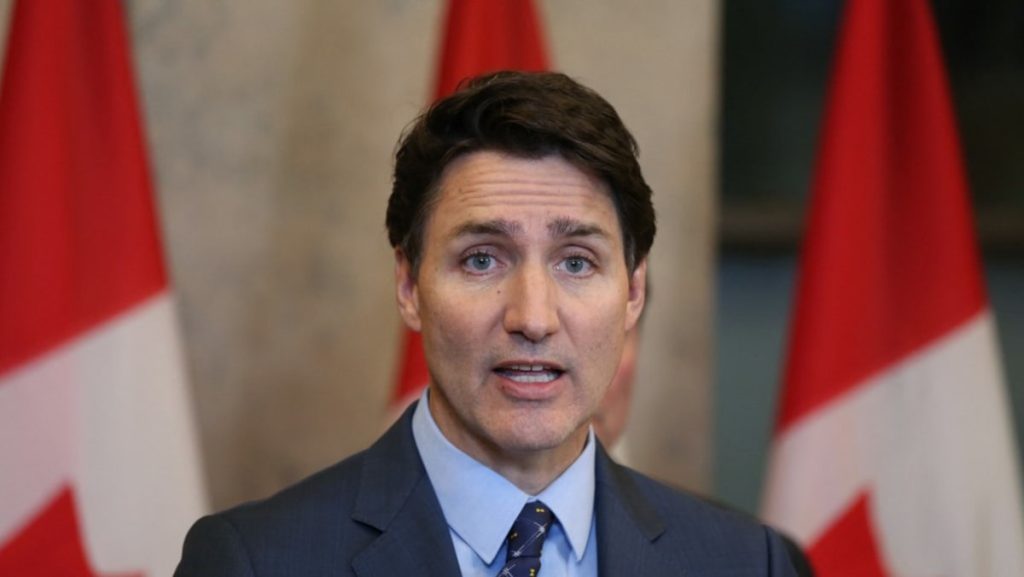In 2023, a Canadian citizen of Indian origin, Hardeep Nijjar, was killed in a parking lot outside a Sikh temple in Vancouver. Nijjar had immigrated to Canada in 1997 and had become a citizen in 2015. He was known for advocating for a separate Sikh state, Khalistan, within the boundaries of India. Nijjar had been wanted by Indian authorities for alleged terrorism and conspiracy to commit murder.
Following Nijjar’s murder, four Indian nationals were arrested in connection with the killing. This led to tension between India and Canada, as New Delhi claimed it had received a diplomatic communication suggesting that the Indian High Commissioner and other diplomats were persons of interest in the ongoing investigation. India’s foreign ministry dismissed these accusations as ludicrous and demanded the return of its envoy, Sanjay Kumar Verma, a respected career diplomat who had served in various countries.
India vehemently denied any involvement in the killing, calling the allegations preposterous and a strategy to smear the country for political gains. The Indian government had previously taken action against Canada by curbing visas for Canadians and forcing Ottawa to withdraw diplomats in response to similar accusations. The foreign ministry in New Delhi threatened further action against the Trudeau Government, stating that India reserves the right to respond to support for extremism, violence, and separatism.
In response to the escalating tensions, Canadian envoy Wheeler provided evidence to India linking agents of the Indian government to Nijjar’s murder on Canadian soil. Wheeler emphasized the importance of both countries working together to uncover the truth behind the killing. Despite Canada’s efforts to cooperate and provide evidence, India decided to expel Wheeler in retaliation for the claims made against its government officials. This move further strained the diplomatic relations between the two nations.
The situation between India and Canada continued to escalate as India accused the Canadian government of supporting extremism and separatism. India’s foreign ministry emphasized its commitment to taking further steps in response to what it viewed as unwarranted accusations against the Indian government. The expulsion of Canadian diplomats and the threats of additional actions highlighted the deepening divide between the two countries and their differing perspectives on the events surrounding Nijjar’s murder.
The ongoing investigation into Nijjar’s murder and the diplomatic fallout between India and Canada underscored the complexities of international relations. The accusations and counter-accusations between the two countries reflected the challenges of balancing national interests, diplomatic norms, and the pursuit of justice. The incident also highlighted the importance of cooperation, transparency, and diplomacy in resolving conflicts and maintaining peaceful relations between nations.













